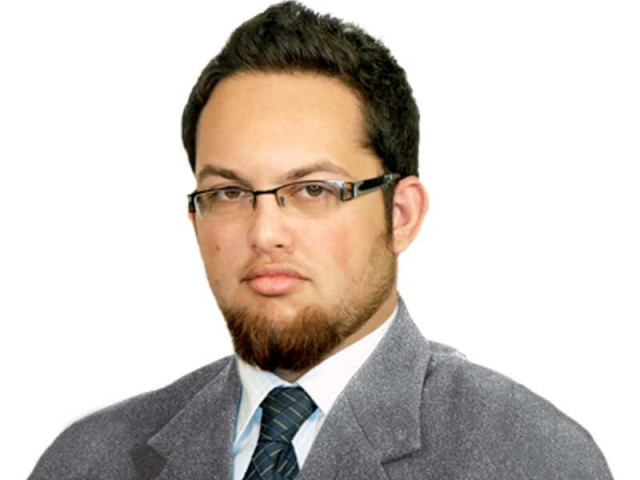Anyone remember a thing called peace?
State of affairs caught in flux between violence, periods of calm.

State of affairs caught in flux between violence, periods of calm.
On Tuesday morning, the city saw some more fire but this time it was a blast a few kilometres away from the same area as a suicide bomber targeted a khasadar check post in neighbouring Jamrud. Once again, the city was in mourning.
The state of affairs keeps oscillating between extreme forms of violence and temporary periods of calm. The horror of terrorism is a tautology. Hospitals are put on high alert as appeals for blood donation pour in and extra security measures are put in place. Regardless of all the efforts to raise the spirits of the people, it takes one incident to unravel everyone’s nerves.
Just recently, panicked parents made frantic phone calls to schools and stood in long queues at midday to take their children back home. Once again, the mothers and fathers were forced to live out their worst fears – albeit in part.
Security has been increased throughout the city and the government has made it clear parents should not pay heed to the rumours. However, one must take note of the fact that a schoolteacher was burnt to death inside the premises of an institute.
Also, a phone call from another school reporting a suspected incident of terror sent alarm bells ringing and parents will be all the more reluctant to send their children to school in the wake of Tuesday’s bomb attack.
No amount of assurances can allay concerns, which are often well-founded. “Peace has become a paradox,” says a parent I met outside a school. He was waiting to see his seven-year-old son. “It depends on how you solve the paradox – by [either] sacrificing yourself for peace or remaining at peace,” he adds. It took me a few minutes to actually understand what he was alluding to before we both walked away.
The relation between the state and its people, the city and its residents or a house and its dwellers is that of trust. The trust to protect keeps fading with every passing incident and that’s what terrorism aims at, breaking the trust and exploiting that space.
The fact is few have faith in what the authorities have to say. Even when it comes to earthquakes, few are willing to buy the official mantra that tremors are a positive release of energy, which help avoid a massive seismic rupture. This gives room for people to spread rumours. “I have little faith in what the government says,” says one of the many sceptics in the provincial capital.
Maybe the city is suffering from deep-rooted anxiety or people remain perpetually scared that the worst is yet to come. The endless circle of violence has armed people with a cynicism that is difficult to cure.
Published in The Express Tribune, January 20th, 2016.













COMMENTS
Comments are moderated and generally will be posted if they are on-topic and not abusive.
For more information, please see our Comments FAQ